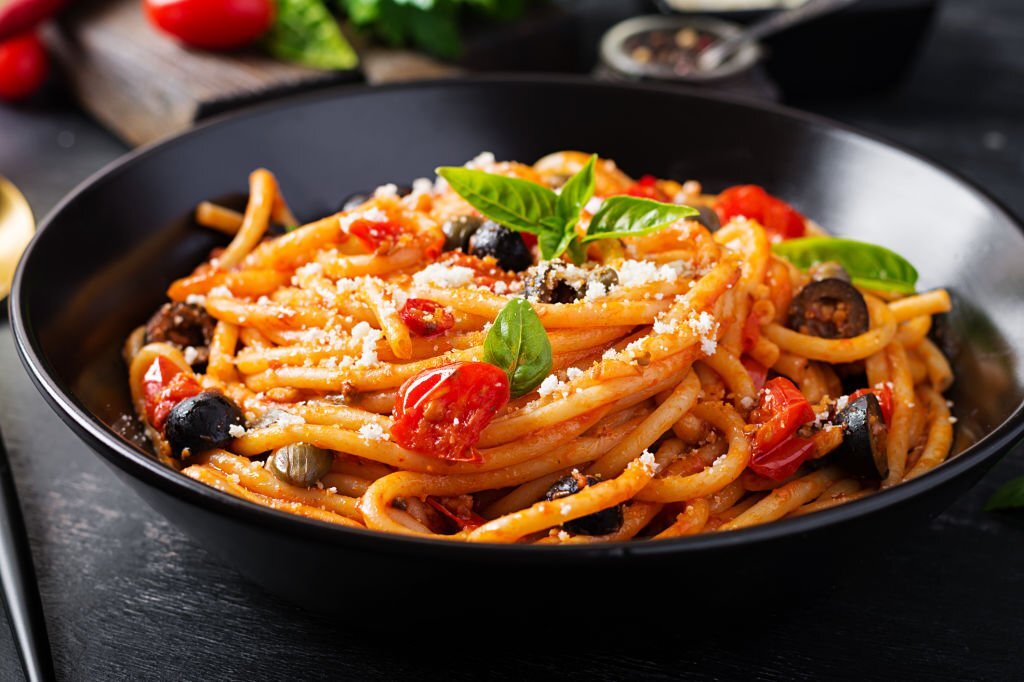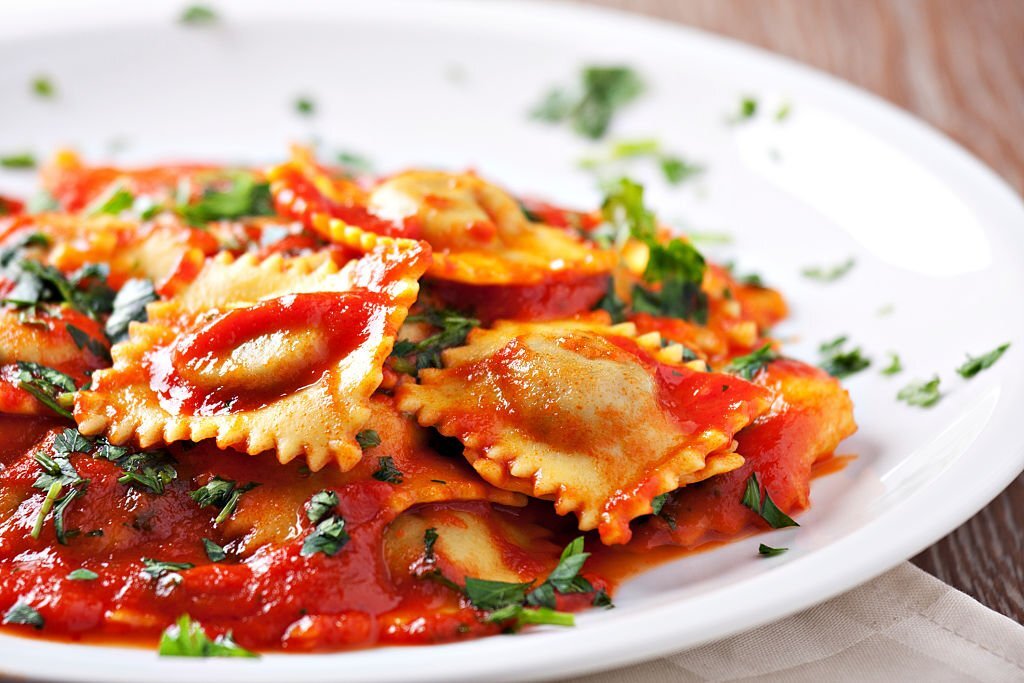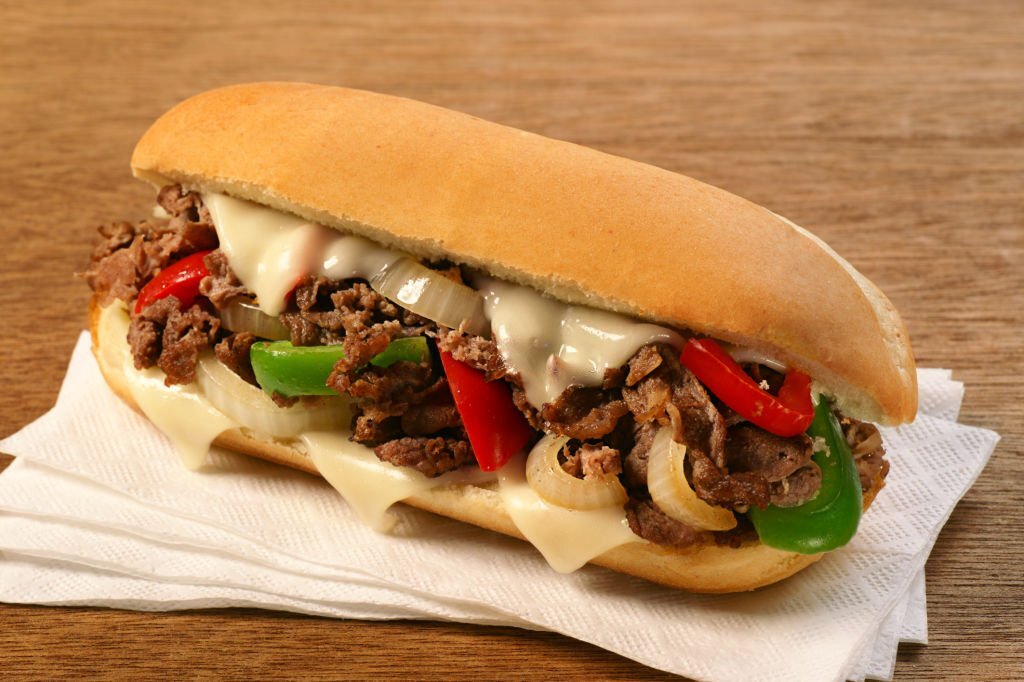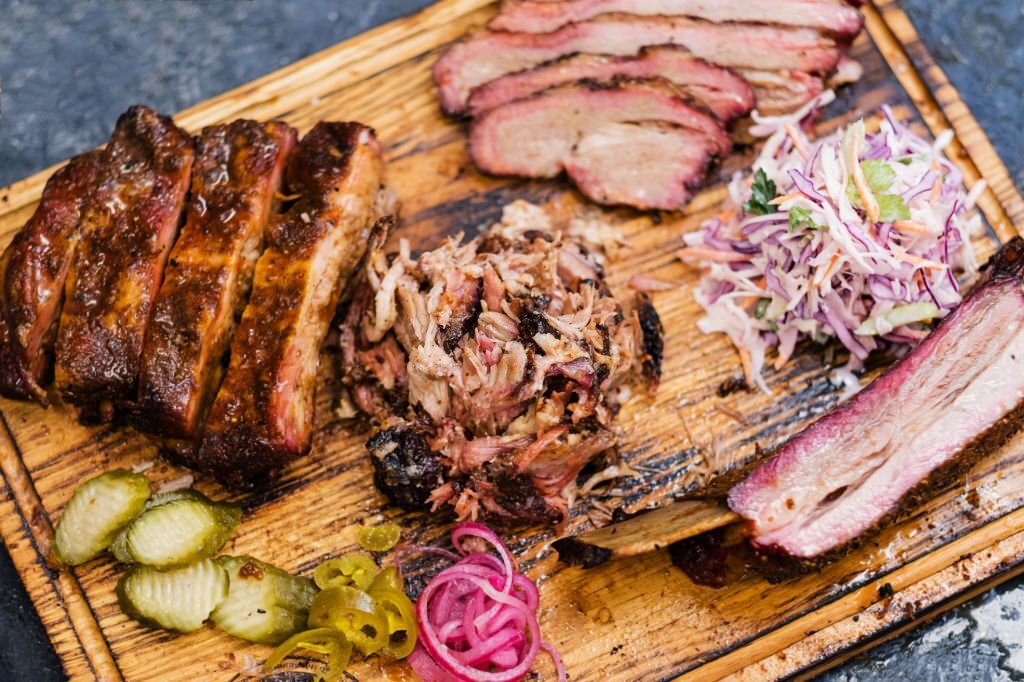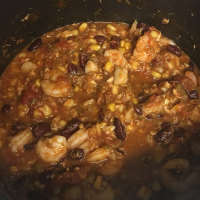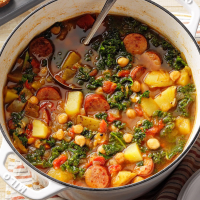More about "what's the difference between canola oil and vegetable oil recipes"
LEARN THE DIFFERENCE BETWEEN CANOLA OIL AND VEGETABLE OIL ...
Aug 09, 2021 · Canola oil and vegetable oil are two types of oils used for high-heat cooking that keep food moist without altering its flavor. Read on to learn more about the differences and similarities between canola oil and vegetable oil.
From masterclass.com
From masterclass.com
See details
CANOLA OIL VS. VEGETABLE OIL: HEALTHIER COOKING OPTION
Apr 20, 2018 · Canola and vegetable oil may seem interchangeable. They are both often used for baking, frying, and sautéing. But they actually have different qualities when it comes to nutrition and best use.
From healthline.com
From healthline.com
See details
CANOLA VS. VEGETABLE OIL - TASTE OF HOME: FIND RECIPES ...
Mar 07, 2006 · Pantry Pointers. When a recipe calls for vegetable oil, canola oil can be substituted in equal amounts. There should be no difference in the final product.
From tasteofhome.com
From tasteofhome.com
See details
CANOLA OIL OR VEGETABLE OIL: WHICH ONE IS BEST FOR COOKING ...
Jan 11, 2019 · When a caller on Milk Street Radio asked whether it’s better to use canola oil or vegetable oil in cooking and baking, hosts Christopher Kimball and Sara Moulton responded with a definitive answer. Don’t use canola oil. “It has a funny fishy flavor when heated,” Kimball says. Neither he nor Moulton are fans.
From 177milkstreet.com
From 177milkstreet.com
See details
CANOLA OIL VS VEGETABLE OIL FOR BAKING - A GUIDE TO THE ...
Characteristics of canola oil vs vegetable oil when baking. Canola oil is higher in monounsaturated fatty acids than vegetable oil as Wikipedia notes. This type of fat is considered more heart-healthy than omega-6 fatty acids in vegetable oil. Moreover, canola oil is less allergic, because vegetable oil often includes soybean or corn oils ...
From oilypedia.com
From oilypedia.com
See details
CANOLA OIL VS. VEGETABLE OIL: WHICH IS HEALTHIER?
Dec 01, 2015 · But do these numbers tell the whole story? Read on. Canola Oil vs. Vegetable Oil: The Facts. Both canola oil and vegetable oil lack carbohydrates and protein, but they are good sources of vitamins E and K, as seen in the chart above. Both oils also contain omega-3 and omega-6 fatty acids.
From doctorshealthpress.com
From doctorshealthpress.com
See details
IS VEGETABLE OIL OR CANOLA OIL BETTER FOR BAKING ...
Oct 09, 2021 · Canola has a neutral flavor and can be used in most cooking and baking applications, according to Moore. If you’re turning up the heat, canola oil is a safe bet. Vegetable oil’s neutral taste also makes it a great candidate “when you don’t want to add flavor from the oil” to a dish, according to McGrane.
From montalvospirits.com
From montalvospirits.com
See details
CANOLA VS. VEGETABLE OIL - TASTE OF HOME: FIND RECIPES ...
Mar 07, 2006 · Pantry Pointers. When a recipe calls for vegetable oil, canola oil can be substituted in equal amounts. There should be no difference in the final product.
From tasteofhome.com
From tasteofhome.com
See details
THE REAL DIFFERENCE BETWEEN VEGETABLE OIL AND CANOLA OIL
Oct 16, 2020 · Shutterstock. The biggest difference between canola oil and vegetable oil is the difference in fats. When you compare labels side by side, you'll see the difference right away. We looked at oil brand Crisco as an example. According to the product page, one tablespoon of Crisco's pure canola oil has 14 grams of fat, of which 1 gram is saturated ...
From mashed.com
From mashed.com
See details
IS THERE A DIFFERENCE BETWEEN CANOLA AND VEGETABLE OIL ...
Canola oil is excellent for baking, grilling, sautéing, and shallow frying, whilst vegetable oil is excellent for deep frying. Don’t forget to examine the ingredient list and the nutrition list of your oil when you are shopping. Avoid hydrogenated oils and vegetable blends including palm kernel oil or palm oil, as well as those with more ...
From dietstamp.com
From dietstamp.com
See details
IS CANOLA OIL THE SAME AS VEGETABLE OIL IN BAKING? - TOMATO
Vegetable oil and canola oil are common ingredients in many recipes, and (according to Southern Living) the two are actually totally interchangeable. Canola oil is low in saturated fat, and a good source of monounsaturated fat. …
From houseofherby.com
From houseofherby.com
See details
DO YOU USE CANOLA OR VEGETABLE OIL FOR BAKING? - I FORGOT ...
Yes. Vegetable oil is often a blend of different types of vegetable oils as it is. Since Canola oil comes from rapeseed or a canola plant, it doesn’t sound crazy to mix the two at all. They both should have a smoke point of around 400° F as well.
From iforgotitswednesday.com
From iforgotitswednesday.com
See details
WHAT’S THE DIFFERENCE BETWEEN CANOLA OIL AND VEGETABLE OIL?
May 27, 2019 · Canola oil is actually a type of vegetable oil that comes from the rapeseed or canola plant, according to Marisa Moore, RDN. Whereas, when you see "vegetable oil" on a label at the supermarket ...
From finance.yahoo.com
From finance.yahoo.com
See details
WHAT'S THE DIFFERENCE BETWEEN CANOLA OIL AND VEGETABLE OIL ...
From dailymotion.com
See details
CAN I USE VEGETABLE OIL INSTEAD OF CANOLA? - THE WHOLE PORTION
Oct 28, 2021 · Yes, you can use vegetable oil instead of canola. Both oils are good for you and come from plants, however, vegetable oil is the ideal choice if you want the greatest taste and texture from your meal. Canola oil, on the other hand, has a higher nutritional value, but the taste is so similar to other oils that it’s hard to tell the difference.
From thewholeportion.com
From thewholeportion.com
See details
DIFFERENCE BETWEEN: VEGETABLE OIL AND SHORTENING
Mar 12, 2014 · The main difference between vegetable oil and vegetable shortening is the solidity factor. Shortening becomes solid at room temperature, while oil does not. Most of the time, vegetable oil and melted vegetable shortening can be substituted for one another in recipes. When looking at vegetable oil and shortening we must examine these fats with ...
From erinnudi.com
From erinnudi.com
See details
WHAT'S THE DIFFERENCE BETWEEN VEGETABLE OIL AND CANOLA OIL ...
Oct 12, 2019 · Both oils bring about 120 calories and 14 grams of fat per tablespoon (with no fiber, sugar, protein, or sodium in either), but saturated fat is where they differ. Canola oil (1 gram per tbsp) is lower in saturated fat than vegetable oil (11 grams per tbsp). In high doses, saturated fat has been associated with cardiovascular disease, according ...
From craves.everybodyshops.com
From craves.everybodyshops.com
See details
DIFFERENCE BETWEEN CANOLA AND VEGETABLE OIL | COMPARE THE ...
Aug 17, 2011 · Canola vs Vegetable Oil . It really is a tough choice for a housewife these days to go and select between a multitudes of choices when it comes to cooking oils. She has to be aware of both the health benefits as well as dangers of cooking food for the family in given oil for long periods of time. Vegetable oil is a generic name that can contain ...
From differencebetween.com
From differencebetween.com
See details
WHAT'S THE DIFFERENCE BETWEEN VEGETABLE OIL AND OLIVE OIL ...
Feb 06, 2021 · Vegetable Oil vs Olive Oil Smoke Points. Here’s how the smoke point of EVOO and regular olive oil compare to vegetable oil and another popular cooking oil, canola oil. Extra Virgin Olive Oil: 350-410° F; Regular, Pure, or Light Olive Oil: 470° F; Vegetable Oil: 450°; Canola Oil: 400° F
From oliveoil.com
From oliveoil.com
See details
IS VEGETABLE OIL THE SAME AS OLIVE OIL FOR BAKING? - HOW ...
Using vegetable oil, such as canola oil for baking, can help prevent a dry cake and you will find it as an ingredient in many recipes, as well as a staple for boxed cake mixes. … Most vegetable oils will work just fine in cake, but some alter the flavor of baked goods and some are expensive.
From orangekitchens.net
From orangekitchens.net
See details
DIFFERENCE BETWEEN OLIVE OIL AND VEGETABLE OIL (WITH TABLE ...
The difference between Olive oil and Vegetable Oil is that Olive oil differs from vegetable oil with it being often used in cuisine with strong flavors, whereas vegetable oil is being used in meals with delicate flavors. Olive oil contains antioxidants and healthy fatty acids, whereas vegetable oil contains omega-6 fatty acids.
From askanydifference.com
From askanydifference.com
See details









